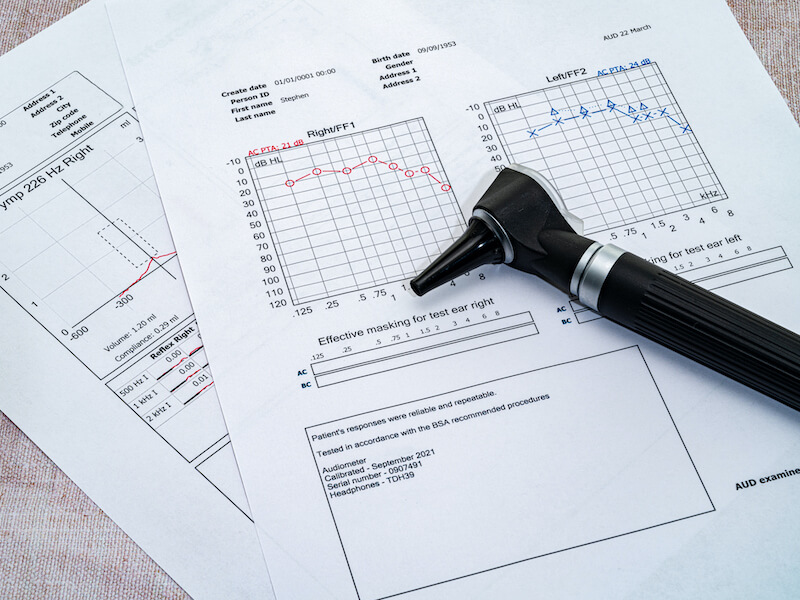Why is it essential to have your hearing screened regularly? Well, the truth is that hearing loss can have significant and long-term effects on your overall health. Having your hearing assessed regularly can help you identify hearing loss early, get care sooner, and, improve your health, wellness, and quality of life.
Getting a hearing test – who should do it?
A loss in hearing ability can produce effects that can significantly impede your health and well-being. For example, hearing loss can lead to intense social isolation. Even while undertaking tasks like going to the supermarket, people who suffer from hearing loss will tend to avoid reaching out to family and friends because they have a hard time making out conversations. It might not be shocking that this type of social isolation can result in mental health issues, but it might come as a surprise to find out that it can be harmful to your physical health too.
Other health issues can be the result of neglected hearing loss also. For example, neglected hearing loss has been linked to many chronic conditions, including cognitive decline and depression. Comorbidities, such as high blood pressure, diabetes, and heart disease have also been associated with hearing loss.
So scheduling a routine hearing assessment will be a good plan for pretty much everybody.
You should get your hearing checked for these four reasons
There are four significant reasons why checking your hearing can be worthwhile to your overall health.
1. You can identify the baseline for your healthy hearing
Why would you want to get your hearing checked if it seems healthy? Well, there are a number of good reasons to get a hearing test early. Your present level of hearing can be established by a hearing test and that’s probably the most important thing. If your hearing changes in the future, this will make it easier to identify. This is especially true because hearing loss tends to develop slowly, the first symptoms are not always obvious.
Before you notice any symptoms, a hearing exam will help identify hearing loss in its early stages.
2. Early diagnosis and treatment is important
Hearing loss is typically a gradual condition, meaning it tends to get worse over time. Consequently, identifying hearing loss early often means a better prognosis. If you treat the condition as early as possible, you will have more positive results.
Early treatment may include anything from taking measures to protect your hearing such as using ear protection in loud settings to using hearing aids. Treatment can help you avoid many of the related issues listed above, such as cognitive decline, depression, and social isolation.
3. Future changes will be easier to assess
Your hearing loss will keep progressing even after you get diagnosed. Regular hearing exams can enable early detection and your treatment plan can be adjusted as needed.
4. Additional damage can be avoided
The majority of hearing loss is caused by damage, the type of damage that happens slowly and over time. Your hearing specialist is a substantial resource and visiting us regularly will help you identify any hearing loss as early as possible. We can provide you with information, treatments, and best practices that can help keep your ears as healthy as possible.
We can help you determine ways to keep sounds around you quieter and also help you safeguard your ears from day-to-day damage.
What should my hearing exam routine look like?
Generally speaking, it’s recommended that adults undergo a hearing test sometime in their 20s or 30s, on the earlier side. Unless we suggest more frequent visits or if you notice any hearing problems, at least every ten years will be the advised interval for hearing assessments.
What should I expect my hearing exam to be like? Hearing tests are usually totally non-invasive. Typically, you simply listen for some tones in a special pair of headphones.
Whether you require some hearing protection or a new set of hearing aids, we will be able to help you with the best hearing care. And a hearing test can help you figure out when the best time to get your care might be.



